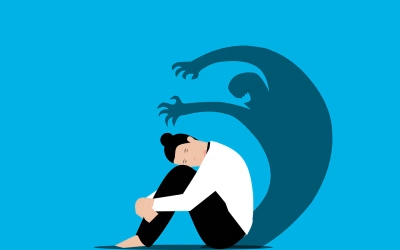Cocaine addiction: a wound that can be healed.
Cocaine addiction is an intense, destructive, and often misunderstood experience. It is not only a chemical issue or a matter of willpower. In many cases, it is the result of a desperate attempt to soothe pain, fill a void, or survive a story that has not been fully told.
Behind the use: an unmet need
From an integrative perspective, we understand that the human being is a complex unity in which physical, emotional, mental, social, and existential dimensions intertwine. Cocaine addiction can be seen as a failed but understandable response to an imbalance in one or more of these areas.
Cocaine offers an intense sensation of control, euphoria, or energy, which can be especially appealing when there is a history of anxiety, trauma, insecurity, or lack of meaning. Use does not happen in a vacuum: it responds to a real need, even if the method is harmful.
The way back: understanding, support, and action
Overcoming cocaine addiction is not just about stopping the use. It’s a process that involves healing, rebalancing, and building a different life. From an integrative view, the approach must simultaneously address the physical, emotional, behavioral, relational, and spiritual aspects.
– Physically, the body needs detoxification and stabilization. Sometimes medical intervention is required; other times, sustainable habits such as rest, exercise, and nutrition are enough.
– Emotionally, it’s important to identify the feelings behind the use. Is it anxiety? Unspoken pain? Emptiness? Therapy can help find new ways to self-regulate.
– Mentally, work is done to shift limiting beliefs (“I can’t get out of this,” “I am nobody without cocaine”) toward more constructive and realistic ones.
– Socially, having support networks is essential. Avoiding risky environments and building new relationships based on trust and care can make a big difference.
– Spiritually—not necessarily in a religious sense, but in the deeper need for meaning and purpose. Many people are able to sustain their recovery when they discover that their life has value, direction, and meaning beyond use.
Seeing beyond the symptom
Talking about cocaine addiction should not reduce a person to their behavior. It is only a part of a much broader story. An integrative approach invites us to look deeper, not to romanticize or judge, but to recognize that the human being is more than their addiction.
It’s not just about cutting off a substance but about rebuilding a path of connection with oneself and the world. The way out is not quick or linear, but it is possible. With professional support, the right tools, and a supportive network, cocaine addiction can stop being a destination and become a turning point.
IPITIA Team
April, 2025





